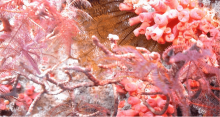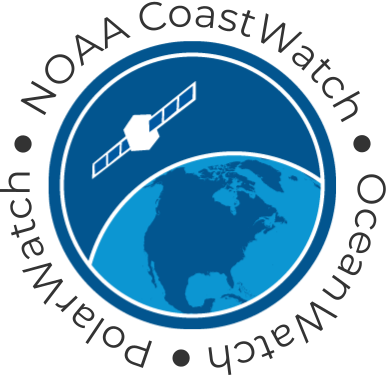| Date |
September 23, 2021
|
|---|---|
| Content Type |
User Story
|

|
|
| Data Applications |
Climate & Weather
Ecosystem Monitoring
Fisheries & Aquaculture
Water Quality
|
Anthropogenic emissions of carbon dioxide (CO2) have increased dramatically since the Industrial Revolution. The oceans absorb approximately one third of this carbon dioxide. When CO2 is absorbed by seawater, chemical reactions occur that reduce the pH (increase the acidity). "Ocean acidification" refers to this lowering of ocean pH. Among other issues, ocean acidification makes it difficult for calcifying animals, such as corals and shellfish, to grow and thrive. This occurs because sea water at a lower pH has a reduced availability of the carbonate minerals (calcite, aragonite and high-magnesium calcites) these animals use to construct their shells and skeletons.

In collaboration with the NOAA Atlantic Oceanographic and Meteorological Laboratory's Ocean Chemistry and Ecosystems Division and NOAA Coral Reef Watch, the Caribbean/Gulf of Mexico node of CoastWatch produces an ocean acidification product suite for the greater Caribbean region to track changes in the surface ocean that can be used as an important tool in coral reef research and management.

References and Related Reading
- Wang, W. and R., Ramakrishna. 2016. Dynamic responses of atmospheric carbon dioxide concentration to global temperature changes between 1850 and 2010. Advances in Atmospheric Sciences 33(2): 247-3314.
- Glendhill, D.K., R. Wanninkhof, F.J. Millero, and M. Eakin. Ocean acidification of the Greater Caribbean Region 1996-2006. 2008. Journal of Geophysical Research 113: C10031.
- Burke, L. and J. Maidens. 2004. Reefs at Risk in the Caribbean. World Resources Institute, Washington, DC.
- Sabine, C.L., R.A. Feely, N. Gruber, R.M., Key, K. Lee, J.L. Bullister, R. Wanninkhof, C.S. Wang, D.W.R. Wallace, B. Tilbrook, F.J. Millero, T.H. Peng, A. Kozyr, T. Ono, and A.F. Rios. 2004. Science 305(5682): 367-371.
